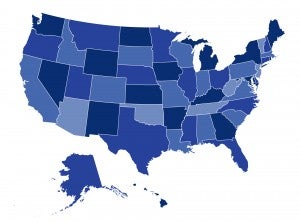Repealing The ACA Could Worsen The Opioid Epidemic

As our country grapples with an “unprecedented opioid epidemic,” Congress is taking steps to take away an important tool to fight it — the Affordable Care Act (ACA). In a post for the Health Affairs blog, CHIR expert Dania Palanker and Urban Institute researchers Lisa Clemans-Cope and Jane Wishner assess policies and programs under the ACA that have helped tackle the opioid crisis and what could be lost if they are repealed.



